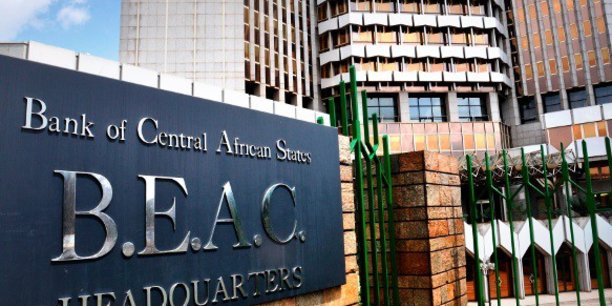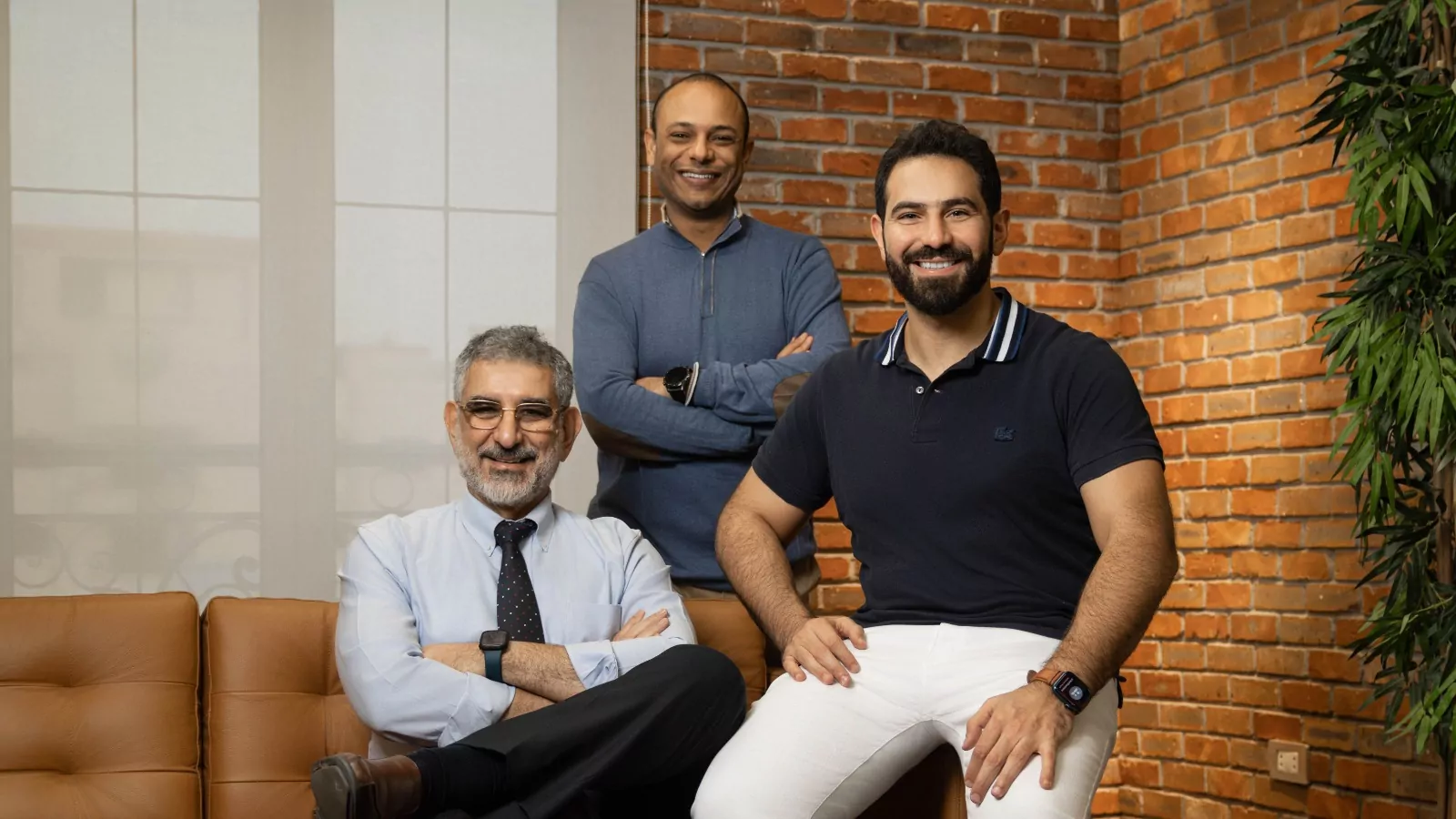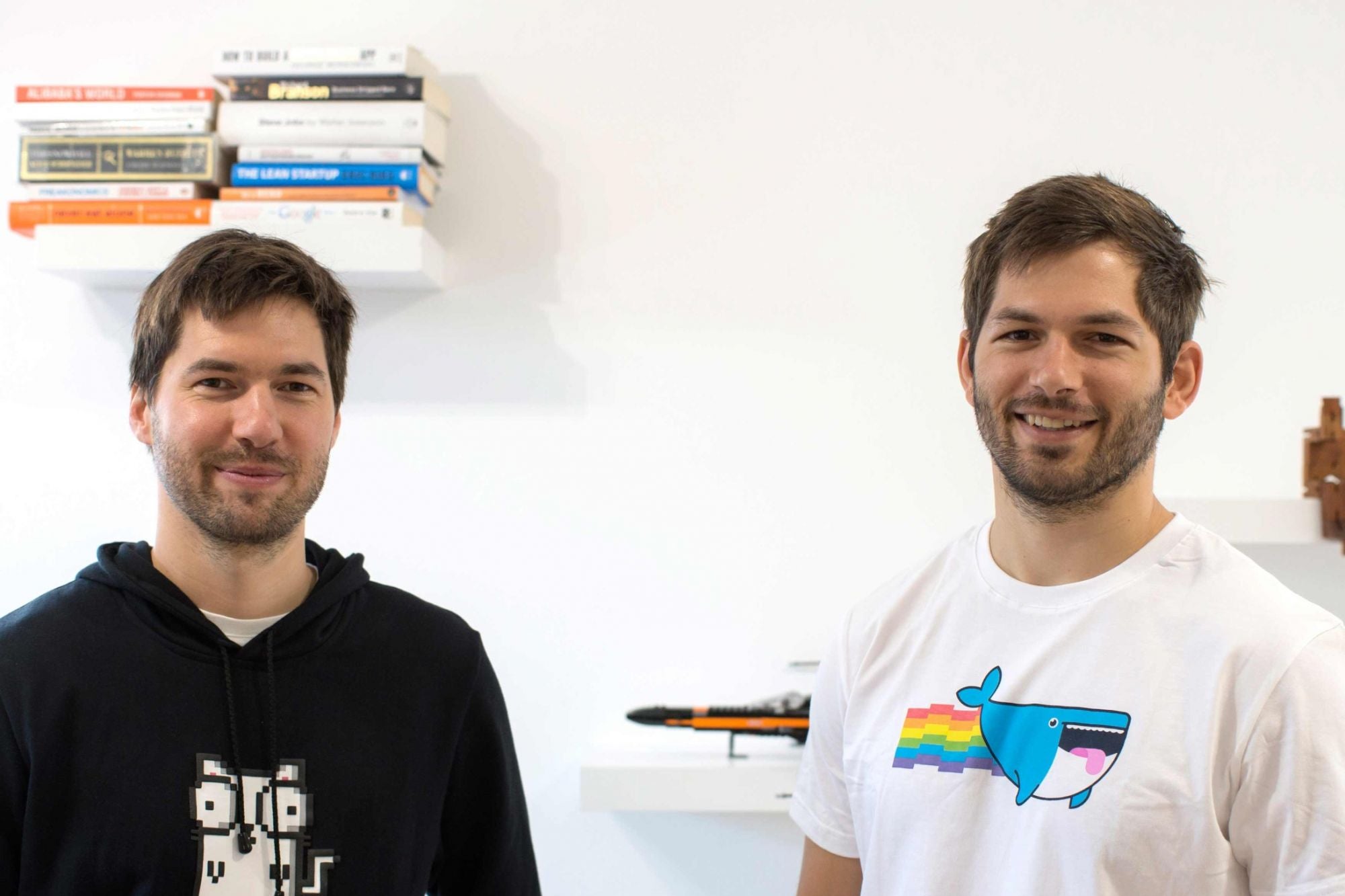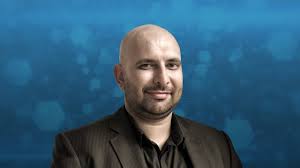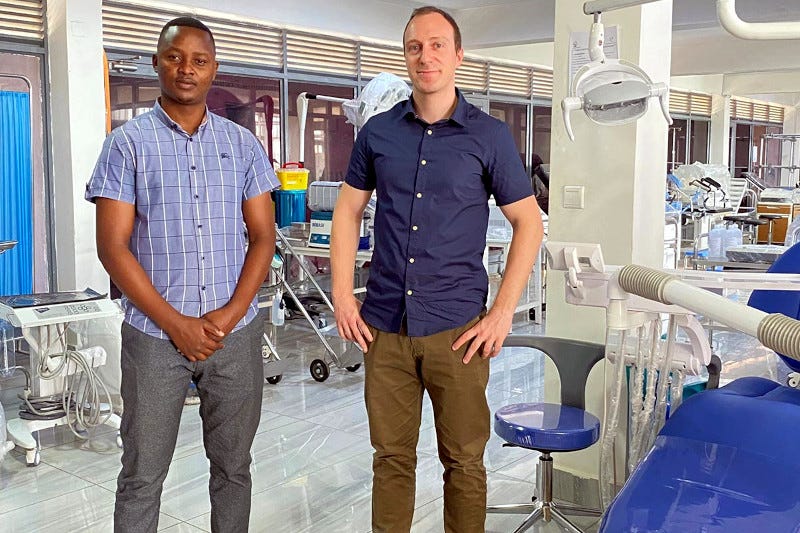Sony Innovation Fund Kicks Off African Investment with Funding for South Africa’s Carry1st
In a groundbreaking move for Africa’s gaming industry, Carry1st, an Africa-focused game publisher and digital commerce platform, has secured a substantial investment from the Sony Innovation Fund. This marks the inaugural investment from the newly established Sony Innovation Fund: Africa, a venture capital initiative aimed at fostering the growth of entertainment businesses on the continent.
With over 200 million unique players, Africa’s gaming industry is on the brink of a remarkable transformation, driven by the rapid adoption of technology. According to industry sources like Newzoo and Carry1st, the sector is poised to surpass a market size of $1 billion in 2024.
Cordel Robbin-Coker, CEO and co-founder of Carry1st, expressed excitement about the collaboration, stating, “We are thrilled to join forces with Sony Innovation Fund: Africa. The relationship will help Carry1st drive the future of gaming in Africa.”
Carry1st’s unique position in the market, coupled with Sony’s extensive experience in the gaming and entertainment industry, is expected to create a formidable alliance. The partnership aims to explore and capitalize on the vast potential of the African gaming market.
Antonio Avitabile, Managing Director — EMEA, Sony Ventures Corporation, commented on the investment, stating, “We believe there is tremendous untapped potential for the gaming market in Africa, which we hope to experience and contribute to through our investment in Carry1st.”
This strategic collaboration is not only set to elevate Carry1st’s presence in the gaming industry but also contribute to the overall development and expansion of Africa’s entertainment landscape. As technology continues to reshape the continent’s economic and cultural landscape, the partnership between Carry1st and Sony sets a precedent for future investments and collaborations in Africa’s burgeoning gaming sector.
Sony Ventures’ Ambitious Plans for Africa
Sony Ventures plans to deploy its new $10 million fund, known as Sony Innovation Fund: Africa (SIF: AF), to support early-stage startups in the fields of gaming, music, film, and content distribution. This initiative is part of Sony Ventures Corporation’s broader efforts to back technology businesses across different markets and stages.
Despite fintech being the most funded sector in Africa, Sony Ventures is focusing on entertainment startups for its initial entry into the African market. Gen Tsuchikawa, CEO of Sony Ventures, stated that the company’s mission is to combine creativity and technology to enhance entertainment experiences worldwide.
Sony’s Africa-focused fund aims to provide much-needed support to entertainment tech startups in Africa, historically struggling to secure consistent venture capital. According to Partech Africa, these startups received only $42 million in 2022, accounting for just 0.9% of Africa’s total venture capital investments.
For example, the gaming market in Sub-Saharan Africa is expected to exceed $1 billion by 2024. Video-on-demand subscriptions and the music industry are also on the rise, with considerable growth expected in these areas in the coming years.
Sony Ventures plans to offer follow-on investments to its portfolio companies in addition to its seed and early-stage investment strategy. The $10 million fund anticipates ticket sizes ranging from $250,000 to $1 million.
Initially, Sony Innovation Fund: Africa will focus on South Africa, Kenya, Nigeria, and Ghana, with the potential for expansion in the future. The fund’s activities in Africa will be supported by the Sony Ventures team in Europe, with the intention of hiring a full-time member on the continent to manage venture capital sourcing.
Sony Ventures’ commitment to supporting African entertainment startups demonstrates its recognition of the region’s untapped potential and its desire to foster the growth of the entertainment industry in Africa through technology and innovation.


